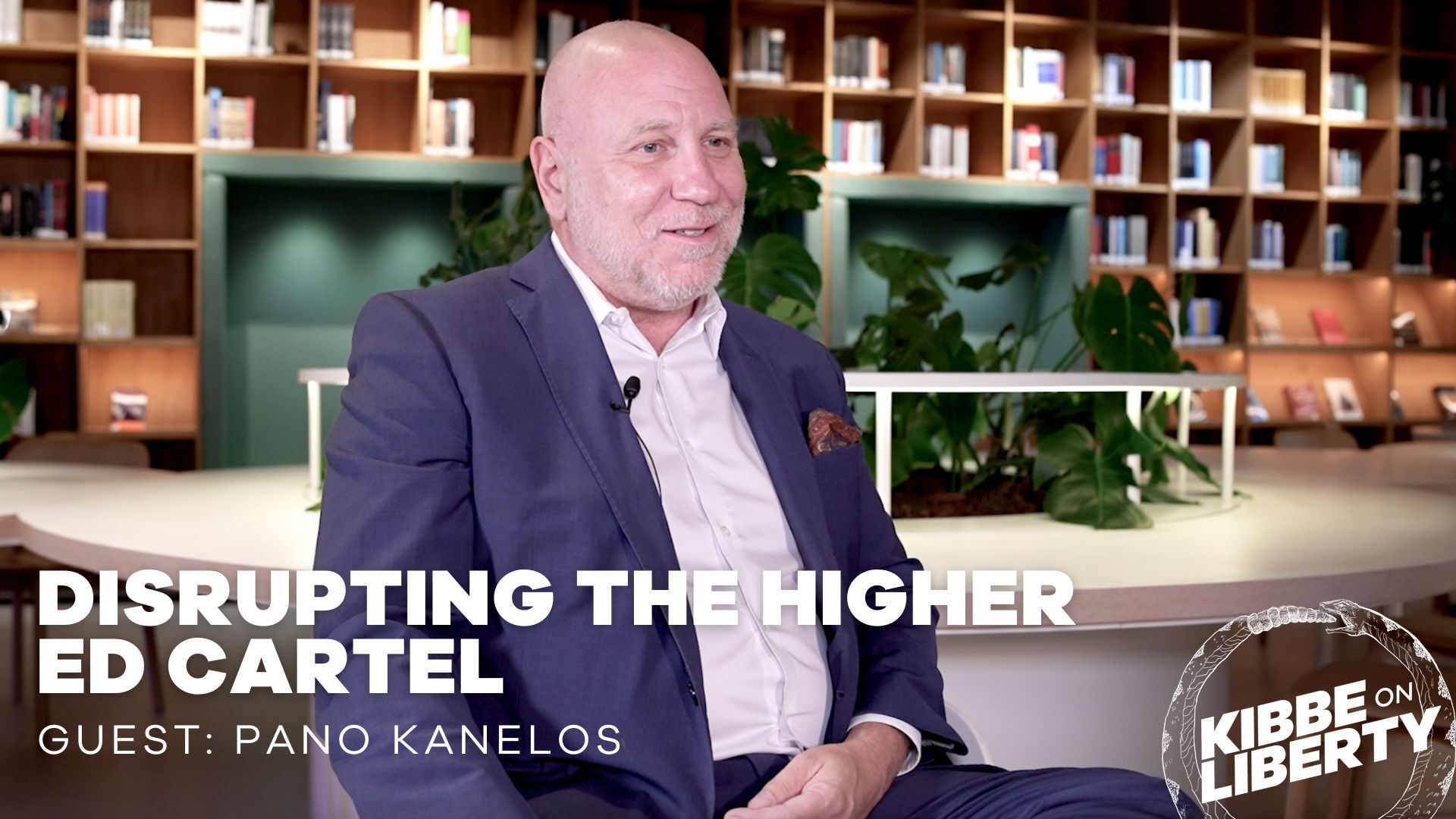
J.D. Vance is Part of Unconstitutional Porn Ban Push
Last month, Republican candidate Donald Trump chose Ohio senator J.D. Vance as his running mate. Vance is part of a growing elite that’s voicing concern over the U.S. birth rate. He wants to see more women having more babies within marriage. He thinks he can make that happen by banning pornography.
That’s unconstitutional and a bad idea besides.
Vance says he wants to ban pornography outright. The Heritage Foundation’s Project 2025 goes even further: “Pornography should be outlawed. The people who produce and distribute it should be imprisoned.” They say that “Pornography … has no claim to First Amendment protection.”
According to nearly 50 years of precedence in obscenity law, they’re dead wrong.
Adults in the United States can own, view, and distribute pornography. Even states’ attempts to age-gate online pornography push the limits of the First Amendment.
The rising anti-porn movement argues that all obscenity lawsuits since the early 1970s were wrongly decided. But First Amendment law is one area where the Supreme Court hasn’t been open to radical change: obscenity law has been more or less stable since Miller v. California (1973).
The First Amendment says that Congress cannot abridge the freedom of speech or of the press. Pornography is in general—like other movies, books, or pictures—a form of speech protected by the First Amendment. Only child sexual abuse material (“child pornography”) and obscenity are unprotected, and obscenity has a specific legal definition. Under the Miller test, pornography isn’t obscene unless it a) appeals to the “prurient interest” under contemporary community standards, b) depicts “patently offensive” sexual conduct, and c) lacks serious “literary, artistic, political, or scientific value.” All together, the test means that only seriously “hard core” pornography is legally obscene. Hard core pornography has no concrete definition—thus the origin of “I know it when I see it,” from Justice Potter Stewart in 1964—but the Court has offered some guidance.
Pornography that provokes “only normal, healthy sexual desires,” is not obscene—it has to appeal to a “shameful or morbid interest.” That’s judged according to “contemporary community standards”—a complicated issue when most porn is found online and is available nationwide. Juries do not have “unbridled discretion” to determine what is patently offensive: Judges review their findings for reasonableness. Pornography, to be obscene, must also be “utterly without redeeming social value.”
Because the slice of porn that is genuinely obscene and without any social value is small and hard to prove, any attempt to ban porn outright ends up outlawing non-obscene material. And because non-obscene pornography is protected by the First Amendment, a ban would be challenged in court and subject to strict scrutiny. Unless the ban promoted a compelling interest and was “the least restrictive means” of furthering that interest, courts will toss it out.
Even patently obscene pornography has some protections: You don’t have the right to provide or acquire it, but you do have the right to have it. “If the First Amendment means anything,” the Court wrote, “it means that a State has no business telling a man, sitting alone in his house, what books he may read or what films he may watch.” Vance’s desire to ban porn threatens the foundations of Americans’ freedoms—the freedom to see what you want, to control your own mind, and to seek out controversial ideas.
The push to ban porn isn’t unique to Vance or Project 2025. Sen. Mike Lee of Utah proposed setting a strict national standard for obscenity, and age-gating laws are part of the same movement. These laws look okay, at first glance—and after all, the government can limit minors’ access to porn. But age-gating laws, like Texas’ HB 1181, end up limiting adults’ rights too. Free Speech Coalition v. Paxton, a suit challenging the Texas law, will be before the Supreme Court next term. It’s coming up from the Fifth Circuit—recently subject to a severe scolding over their bungling of First Amendment principles in Paxton/Moody v. NetChoice—and the Court will consider whether Texas’ de facto age verification requirement is too much of a burden on adults’ rights.
Texas, of course, says that age verification technology is so secure and advanced that all minors will be kept away from porn and that no adults will be troubled at all. They go further, too: “No one,” Texas says, “has a constitutional right to access” porn online. This isn’t true—under Miller, most porn isn’t “obscene”—but Texas isn’t worried about technicalities.
Every American should be. Age and ID verification services continue to leak customer records, exposing drivers’ licenses and other extremely private, personal information. Several states have age-gating laws before the courts, some for social media access, others for porn and explicit content. More laws will go into effect soon.
The movement to ban porn and lock the internet up behind age verification requirements should worry all of us. It undermines our basic freedoms and subverts the Constitution. Vance should know better.
Free the People publishes opinion-based articles from contributing writers. The opinions and ideas expressed do not always reflect the opinions and ideas that Free the People endorses. We believe in free speech, and in providing a platform for open dialogue. Feel free to leave a comment.




Pingback: Supreme Court Ignores First Amendment, Upholds Age Verification Law
Pingback: Missouri Can’t Use Antitrust Laws to Override the First Amendment
Pingback: Rescue Free Speech Online, TechFreedom Urges Supreme Court
Pingback: Florida Can’t Wall Off Social Media, TechFreedom Tells Eleventh Circuit